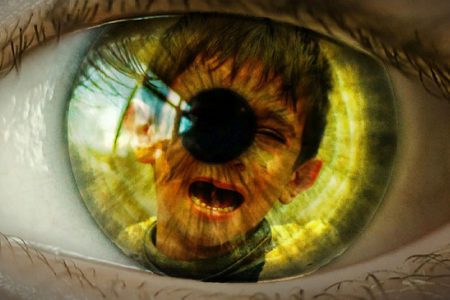Sinterklaas: Gratitude or lies?
It’s almost December: Sinterklaas is now in town and children are eagerly waiting for him, or probably for his gifts. Most children receive many gifts in December, but did you know that children sometimes feel the need to lie in response to Sinterklaas?
Given the time of the year, you’re probably thinking about what kind of gift to give your family and friends. Gift giving is a costly prosocial act: It’s an act in which you choose to spend your money or time for the benefit of someone else. Most of us probably expect our gifts to be liked by others. However, you may also be familiar with the experience of receiving an undesirable gift. When you received that undesirable gift, you probably wanted to spare the other person’s feelings and told them you liked their gift. In other words, you told a prosocial lie.
Telling lies
Even though we mostly perceive lying as negative and undesirable behavior, the prosocial lie example shows that lying may not always be a bad thing. Lying may sometimes be necessary to preserve a good relationship with someone. Telling a prosocial lie is a sophisticated endeavor: You need to hide your disappointment and show gratitude. A quite complex process we have to learn. Even young children tell lies – as early as two years old. And they get better and better at it as they grow older.
Why lie?
Why do children lie anyway? This study tried to find the answer: Researchers gave 3- to 11 year old children an undesirable gift (a bar of soap) and recorded their verbal and non-verbal reaction towards the experimenter; some children with the interference of a parent, and others without. Children between 3 and 11 years old were more likely to tell a prosocial lie than to tell the truth, and even more children told a prosocial lie when their parents instructed them to do so. These results show two things:
- Children may tell prosocial lies to avoid negative reactions from adults about the truth; they may therefore try to please adults with a lie.
- Parents may play an important role in teaching their children to tell prosocial lies; the parents’ aim is to teach children to be polite and behave appropriately according to cultural norms.
Can you spot children’s lies?
Okay, now we know that children instinctively lie and are even taught to lie, but can we spot the lies? Regrettably, we (adults) suck at spotting children’s prosocial lies. These researchers asked five groups of adults to detect lying and truth telling in children of 7-10 years old. In most cases, the adults did not detect the children’s prosocial lies. Luckily, lies used to hide a misdeed (“antisocial lies”, which can hurt people or ruin a relationship) were more easily for adults to identify than prosocial lies. So when it really matters, we are able to spot the lie!
Take-home message
Although you may not know whether a child likes your gift or is faking their enthusiasm, you apparently can discriminate between truth and lies when it really matters (i.e. when the lies can have negative consequences). So here’s my advice: Don’t worry about the honesty of your child’s reaction to gifts. If your child is lying big time, chances are he or she is doing it to keep Sinterklaas merry.
And note: children may react differently towards their parents than towards strangers. Watch this video clip to see reactions of children who received a terrible gift from their parents.





